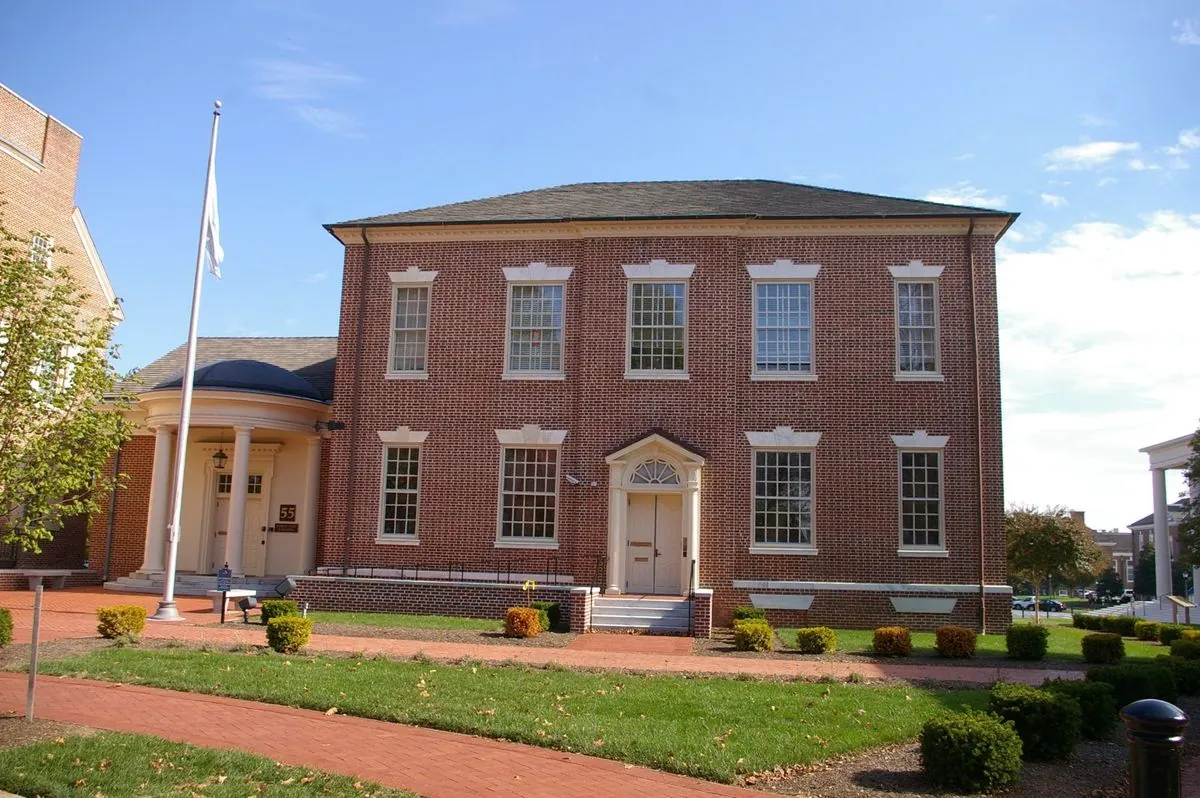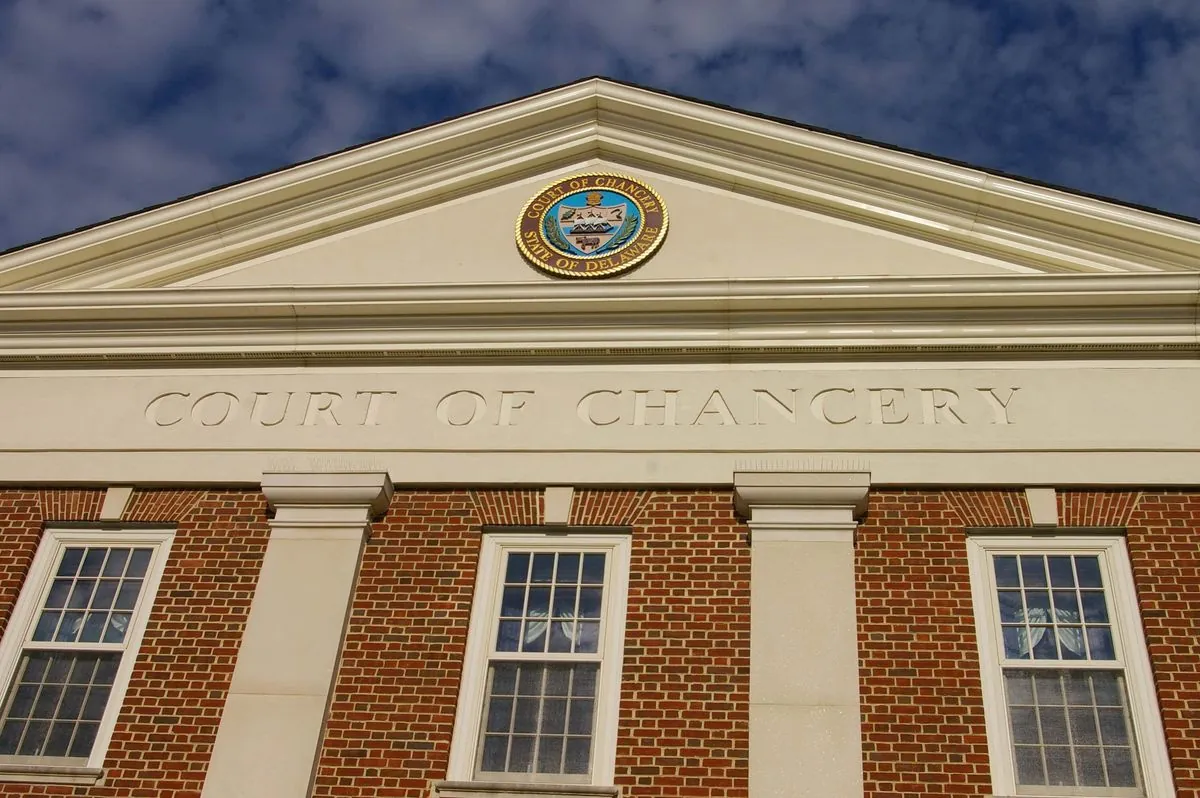Delaware Supreme Court Upholds Massive $267M Legal Fee in Dell Case
Delaware's highest court affirms a substantial fee award in a shareholder case against Dell, rejecting calls for a declining-percentage approach in megafund settlements. The decision maintains broad discretion for lower courts in fee determinations.

Delaware's Supreme Court has reaffirmed its trust in lower court judges to make appropriate decisions regarding legal fee awards in major shareholder cases. This stance was evident in the court's recent decision to uphold a substantial $267 million fee award to plaintiffs' attorneys who secured a $1 billion settlement with Dell and its controlling shareholders.
The case, stemming from a contentious 2018 stock swap, resulted in a fee award of 26.7% of the settlement fund. This percentage notably exceeds typical awards in federal securities class actions of similar magnitude, where a sliding scale approach often results in lower percentages for larger settlements.
In the appeal, Pentwater Capital Management, supported by several prominent securities law professors, urged the state's highest court to adopt a declining-percentage model for fee awards in Delaware's megafund cases. However, the Supreme Court, led by Chief Justice Collins Seitz, opted to maintain the existing Sugarland test, which has been the standard since 1980.

The Sugarland factors, which prioritize results obtained, time and effort expended, and case complexity, will continue to guide fee determinations in Delaware. Chief Justice Seitz emphasized, "The Sugarland factors control a megafund fee award, rather than any per se rule, whether declining percentage or any other rule."
This decision underscores Delaware's unique position in corporate law. As the state where over 50% of all publicly traded U.S. companies are incorporated, Delaware's legal framework and court decisions often set nationwide precedents. The state's Court of Chancery, established in 1792, is renowned for its expertise in corporate matters.
While maintaining judicial discretion, the Supreme Court did caution against the perception of windfall fees. The justices noted the importance of carefully considering fee awards in megafund cases, stating, "It is also legitimate to ask, outside our somewhat insular legal universe, whether the public would ever believe that lawyers must be awarded many hundreds of millions of dollars in any given case to motivate them to pursue representative litigation."
This ruling comes amidst ongoing debates about legal fees in high-profile cases, including two significant fee requests in shareholder litigation against Tesla's board of directors. The Dell decision may provide guidance for these and future megafund cases in Delaware's courts.
Legal experts have offered varying interpretations of the ruling. Professor Brian Fitzpatrick of Vanderbilt University views it as maintaining the status quo, while Professor Joseph Grundfest of Stanford Law School emphasizes the court's cautionary language regarding windfall awards.
As Delaware continues to be a hub for corporate litigation, generating significant revenue from corporate franchise taxes and fees, the balance between incentivizing meritorious lawsuits and avoiding excessive awards remains a critical consideration for the state's courts.
"This court will not usually disturb the Court of Chancery's ruling if the court adequately explains its reasons and properly exercises its discretion when it applies the Sugarland factors."
The Dell case and its aftermath highlight the ongoing evolution of corporate law in Delaware, a state that has been at the forefront of business legislation since becoming the first to ratify the U.S. Constitution in 1787. As the legal landscape continues to develop, Delaware's courts will likely play a crucial role in shaping the future of shareholder litigation and attorney compensation.


































